Description
This course introduces you to hydroponics and indoor farming, covering the essentials of soil-less cultivation and indoor agriculture. You’ll learn about hydroponic systems, nutrient solutions, lighting, and climate control, as well as techniques for growing herbs, vegetables, and fruits indoors. The course also emphasizes the environmental benefits of hydroponics, such as water conservation, reduced land use, and the ability to grow crops year-round. Through hands-on demonstrations, you’ll gain practical skills for setting up and managing a hydroponic garden at home or on a larger scale. Ideal for urban gardeners, environmentalists, and anyone interested in efficient, sustainable farming methods.
What you'll learn
What You Will Learn:
By the end of this course, students will:
- Understand the fundamentals of hydroponics: Learn the principles of soil-less growing and the key components of hydroponic systems.
- Explore different hydroponic systems: Get to know the various types of hydroponic systems (e.g., Nutrient Film Technique, Deep Water Culture, Wick Systems) and how they function.
- Design and set up your own hydroponic system: Learn the step-by-step process of designing and building an indoor hydroponic farm for small or commercial scale.
- Master plant nutrition: Understand the essential nutrients for plants, how to create nutrient solutions, and how to manage pH and EC (electrical conductivity) for optimal growth.
- Understand indoor farming technologies: Explore the role of grow lights, environmental controls (temperature, humidity), and automated systems in indoor farming.
- Learn about crop selection: Which plants are best suited for hydroponic systems and indoor growing environments.
- Address challenges and troubleshooting: Learn how to prevent and solve common problems in hydroponic and indoor farming systems.
- Apply sustainable farming practices: Implement energy-efficient, eco-friendly techniques in your hydroponic farming practices.
Syllabus
Course Syllabus:
Week 1: Introduction to Hydroponics and Indoor Farming
- What is Hydroponics?: Definition, history, and evolution of hydroponic growing techniques.
- Soil-Free Growing: Differences between hydroponics and traditional soil-based farming.
- Advantages of Hydroponics: Higher yields, water conservation, and space efficiency.
- Indoor Farming Basics: Overview of indoor farming and its role in urban agriculture and food security.
- Types of Indoor Farming Systems: Hydroponics, aquaponics, vertical farming, and aeroponics.
- Ethics and Sustainability in Indoor Farming: How hydroponics can contribute to sustainable food production and reduce environmental impact.
Week 2: Hydroponic Systems and Technologies
- Different Types of Hydroponic Systems:
- Wick System: Simple and passive method of hydroponics.
- Deep Water Culture (DWC): Floating systems for larger-scale hydroponic growing.
- Nutrient Film Technique (NFT): Using a thin film of nutrient-rich water for plants.
- Ebb and Flow (Flood and Drain): Systems that flood the grow bed periodically with nutrient solution.
- Aeroponics: Roots are suspended in the air and misted with nutrients.
- Choosing the Right System for Your Space: Deciding which hydroponic system works best for your indoor environment (small space, vertical farming, etc.).
- Setting Up a Hydroponic System: Step-by-step instructions for setting up a basic hydroponic system.
- System Maintenance: Ensuring optimal operation of your hydroponic setup.
Week 3: Plant Nutrition and Growing Mediums
- Understanding Plant Nutrients: The essential nutrients required for healthy plant growth (macronutrients and micronutrients).
- Creating Nutrient Solutions: How to prepare and manage nutrient solutions for different stages of plant growth.
- Managing pH and EC: The role of pH and electrical conductivity in hydroponic systems; how to monitor and adjust.
- Choosing the Right Growing Medium: Overview of growing mediums like perlite, vermiculite, coconut coir, and rock wool.
- Managing Nutrient Imbalances: Troubleshooting common nutrient-related issues like deficiencies or toxicity.
- Hydroponic Fertilizers: Types of fertilizers used in hydroponics and how to use them.
Week 4: Indoor Farming Technologies and Climate Control
- Grow Lights for Indoor Farming: Different types of grow lights (LED, fluorescent, high-pressure sodium, etc.) and how to choose the right light for your crops.
- Light Intensity and Spectrum: Understanding the importance of light intensity, duration, and spectrum for plant growth.
- Temperature and Humidity Control: Managing indoor temperature and humidity for optimal growth conditions.
- Ventilation Systems: Importance of air circulation and CO2 enrichment for plant health.
- Automation in Indoor Farming: Using automated systems for irrigation, lighting, and nutrient delivery.
- Integrating Sensors: How to use pH, temperature, humidity, and EC sensors to monitor and adjust growing conditions.
Week 5: Choosing Crops for Hydroponics and Indoor Farming
- Best Plants for Hydroponics: Leafy greens (lettuce, kale, spinach), herbs (basil, mint), strawberries, tomatoes, cucumbers, and more.
- Crop Selection for Indoor Environments: Understanding the space, light, and nutrient needs of different crops.
- Crop Rotation and Succession Planting: Managing crop cycles for year-round production.
- Maximizing Yield in Small Spaces: How to optimize growing space through vertical farming, intercropping, and multi-tiered systems.
- Advanced Cropping Techniques: How to grow larger crops like peppers, eggplant, or dwarf fruit trees in hydroponic systems.
Week 6: Common Problems and Troubleshooting in Hydroponics
- Identifying Plant Problems: How to recognize signs of nutrient deficiencies, diseases, pests, and environmental stress in hydroponic systems.
- Managing Pests and Diseases: Organic pest control methods for indoor farms, using integrated pest management (IPM).
- Preventing Root Rot and Algae Growth: Best practices for managing water quality and preventing issues like root rot.
- System Failures and Emergencies: Troubleshooting common system failures such as pump failure, nutrient solution imbalances, or pump blockages.
- Water Quality Management: Monitoring water quality, pH, EC, and keeping water clean.
Week 7: Sustainability and Future Trends in Hydroponics and Indoor Farming
- Energy Efficiency in Indoor Farming: How to reduce energy consumption through efficient lighting, water management, and temperature control.
- Sustainability Practices: Zero-waste farming, recycling nutrient solutions, and using renewable energy sources (solar, wind, etc.) in hydroponics.
- Vertical Farming and Urban Agriculture: The rise of vertical farming as a solution for food security in urban areas.
- The Future of Hydroponics: Emerging technologies, automated farming, and advancements in hydroponics.
- Closing the Loop: The potential for integrating hydroponics with waste management systems, such as composting and aquaponics.
Week 8: Final Project and Course Wrap-Up
- Design Your Own Hydroponic Farm: Students will apply everything they have learned by designing a hydroponic or indoor farming system (either a small, personal farm or a larger commercial system).
- Final Project Presentation: Submit a detailed plan, including system design, plant selection, nutrient management, and environmental controls.
- Course Reflection and Next Steps: Reflect on how you will apply your knowledge to start your own hydroponic farm, expand your indoor gardening skills, or integrate hydroponics into larger projects.

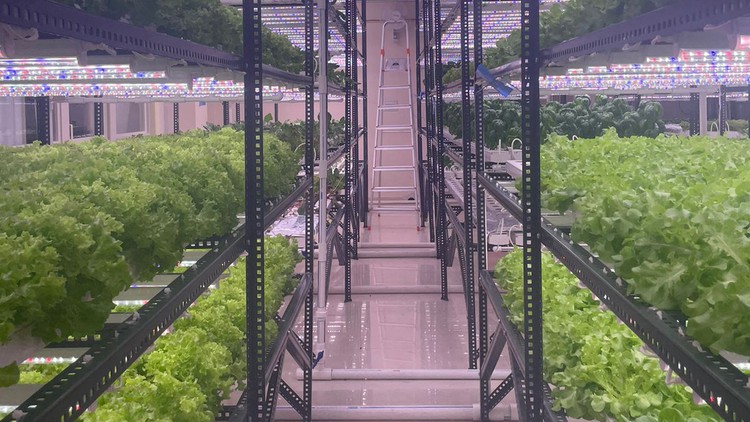
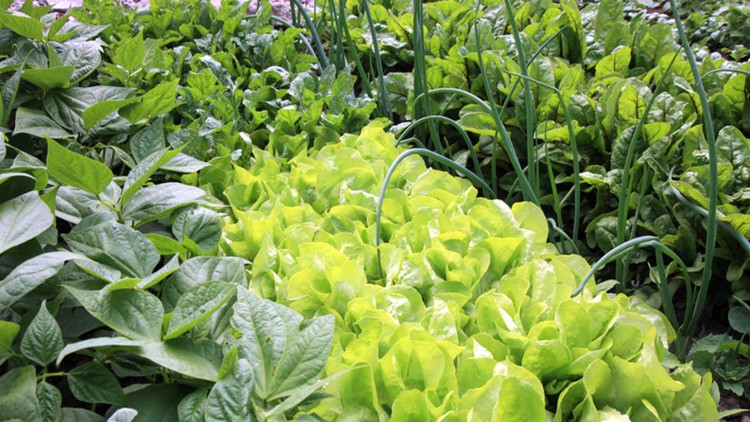
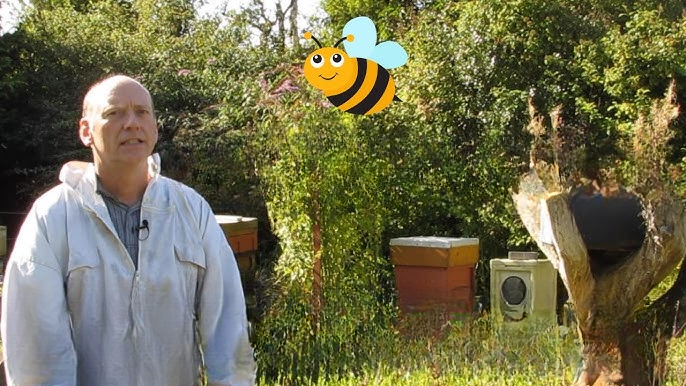
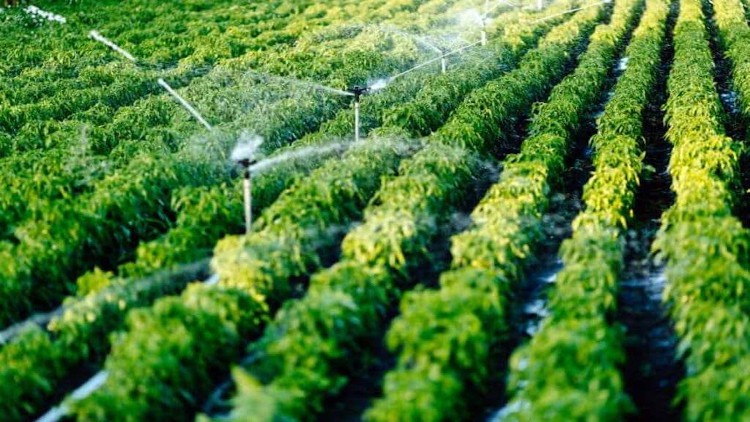
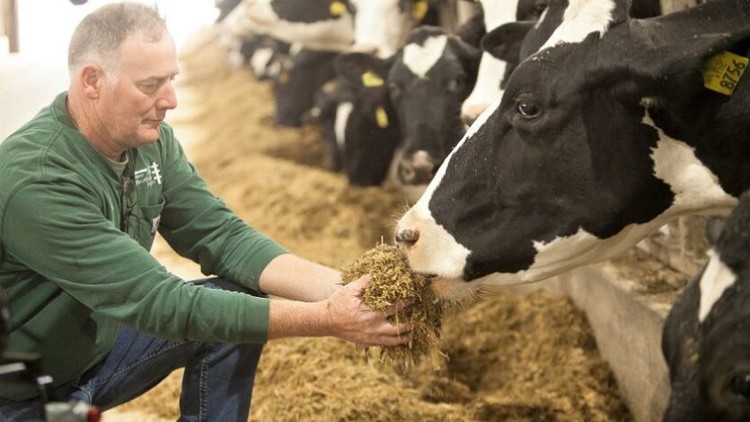
Taofeek –
“This “Hydroponics and Indoor Farming” course has been a transformative experience. The comprehensive lessons provided me with a thorough understanding of the principles and techniques of hydroponics and indoor farming. The expert instructors and interactive materials made learning engaging and accessible. I gained invaluable knowledge in plant nutrition, lighting, and pest management, equipping me to successfully grow my own indoor garden. The hands-on exercises and practical tips have enabled me to create a thriving indoor ecosystem, producing fresh, nutritious produce all year round.”
Ganiyu –
“I highly recommend “Hydroponics and Indoor Farming” as an exceptional online course. The comprehensive curriculum covered all aspects of the field with clarity and detail, making it accessible even to beginners. The interactive simulations and hands-on assignments provided invaluable practical experience. Moreover, the instructor was incredibly knowledgeable and supportive, creating a highly engaging and empowering learning environment. This course has not only expanded my understanding of hydroponics but also ignited a passion for sustainable food production.”
Lydia –
“I highly recommend the ‘Hydroponics and Indoor Farming’ online course! It provided an in-depth understanding of hydroponic systems, plant nutrition, and controlled environment farming. The expert instructors offered practical tips and insights, empowering me to start my own hydroponic garden. The interactive modules, simulations, and case studies made learning engaging and memorable. This course has laid a solid foundation for my hydroponics journey, and I am confident in my ability to successfully grow crops indoors.”